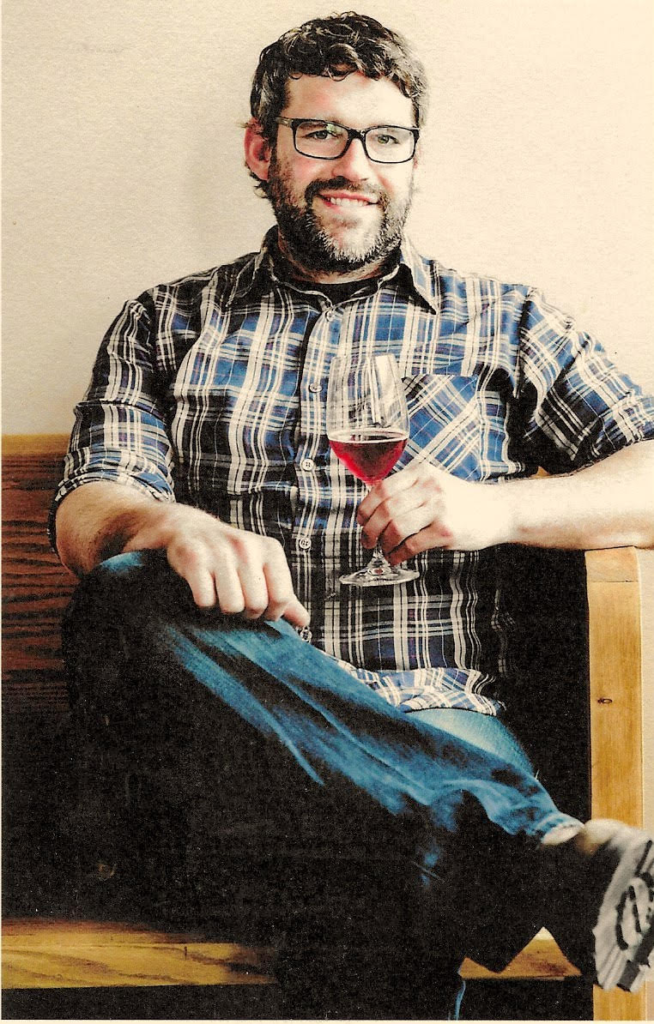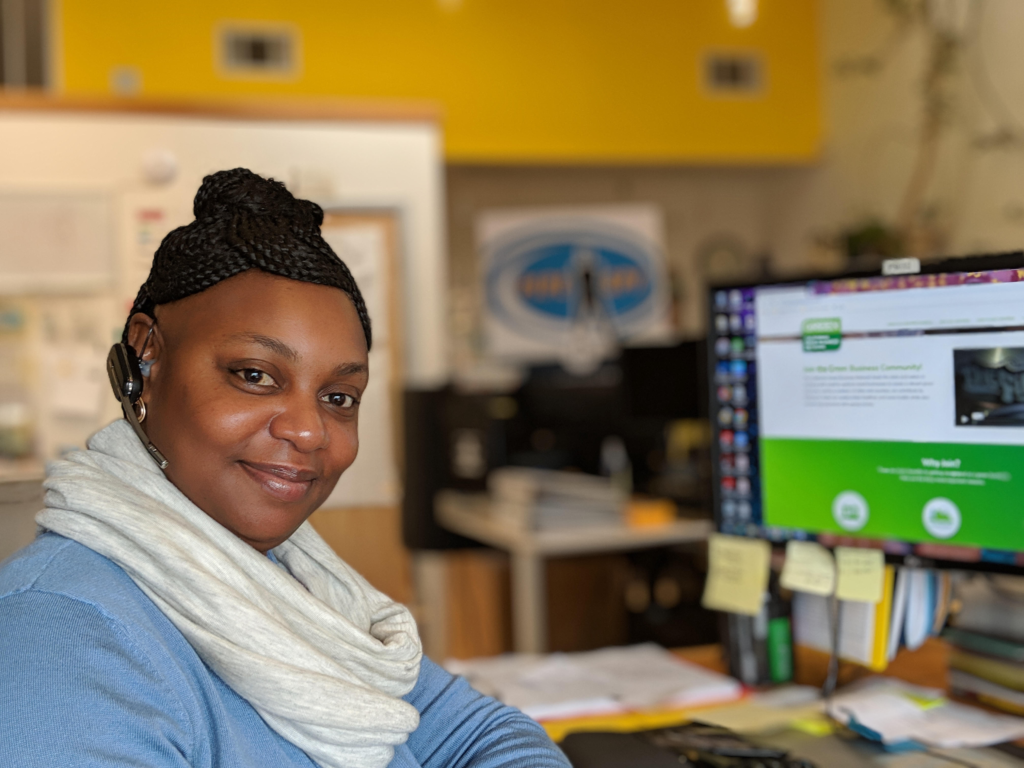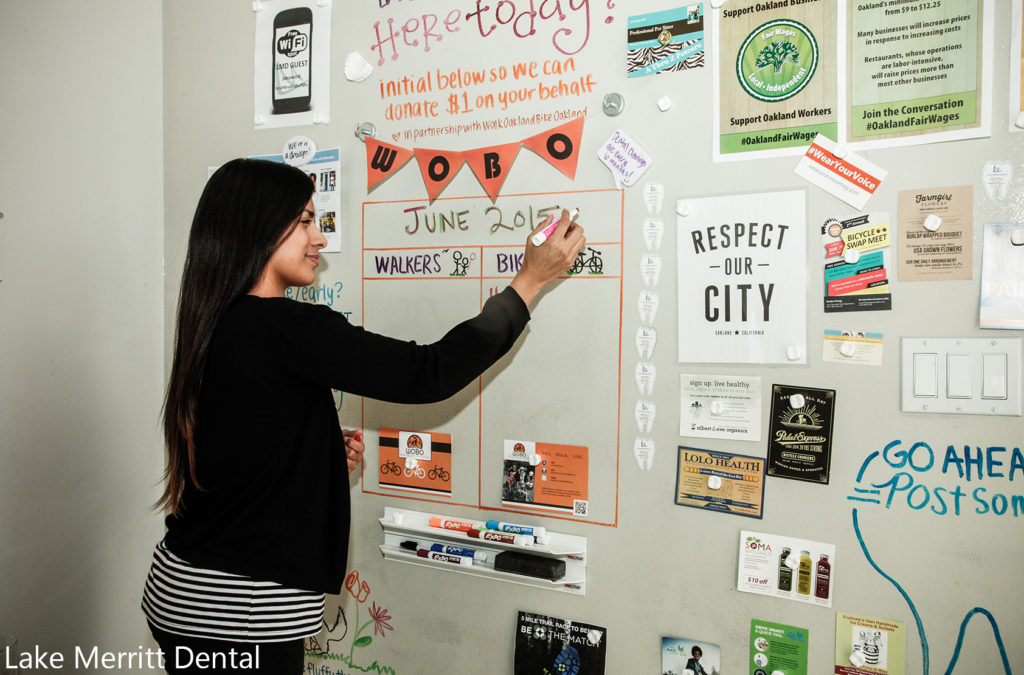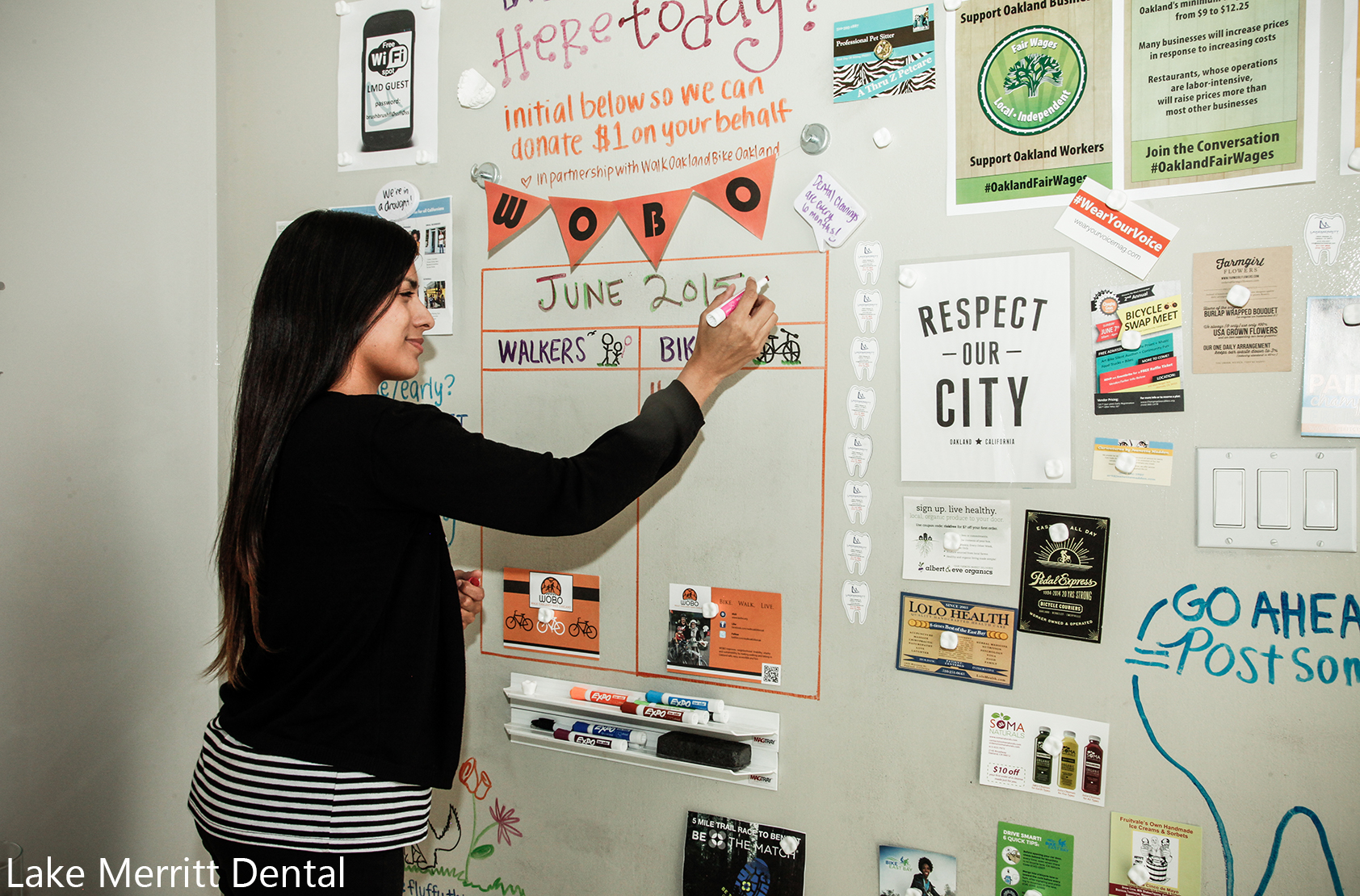Are you considering a green certification for your business, but not sure where to start? There are many ways small businesses in different industries can incorporate green practices into their operations. We caught up with three small business owners in Oakland to get their perspective on getting green certified in California.
The Punchdown

“The green certification process was pretty straight forward, although it was challenging!” says Daniel Loomy, co-owner of the Punchdown wine bar in Uptown Oakland. After opening, it took them about eight months to become green certified, which took quite a bit of effort and patience. Luckily for them, they did their entire buildout from scratch, so a lot of the current codes (plumbing, electrical, etc) in Oakland were already in line with green certification guidelines.
Daniel feels that impact of the green certification on his business has been entirely positive. There were a few things that they had to get used to at first, like using a low-flow water regulator for their sinks and toilets and using all green cleaning products. But once they integrated these practices into their routine, it was easy to comply. The only drawback is that sometimes these products are a little more expensive. “But if you factor in the quality and the fact that it is healthier for us, our employees, and our community, then it is all well worth the minimal extra cost!” he says.
For the Punchline, the certification is more than just a stamp of approval: it’s an opportunity to strengthen community ties. “Green certifications are a good start to create more awareness and show the community that our values run deeper than just the bottom line. We are proud of being a green business, and we love supporting others along the way!”
Pipe Spy

Pipe Spy is a sewer replacement provider that specializes in the use of trenchless technology, a more eco-friendly approach than traditional sewage repairs. Ikeena Hardman joined Pipe Spy three years ago and helped them achieve green certification. “The process was an eye-opening experience. I felt like I was part of something bigger than myself. I was challenged in new ways as the program pushed me to do more. We were green before the certification, but nobody knew it. Now it has opened us up to a network of like minded people, and gives us a platform to reach new businesses and customers who need our services.”
Green practices are at the core of Pipe Spy’s company culture, not just in the services they provide. “We don’t have to incentivize green practices because our employees are all on board,” says Ikeena. They run their office headquarters on 50% solar energy and have an in-house charging station for both the green vehicles in their fleet as well as the electric or hybrid cars that several of their employees use to commute.
Ikeena encourages other businesses to apply for green certification. “If you are thinking about applying get ready beforehand to make a little more sacrifice, but it’s not as bad as you think it will be. There are small things that small businesses can do to operate more sustainably that they likely aren’t doing. It can be something as small as new light bulbs, spout aerators, and colored bins to help employees with proper waste disposal.” Even though these adjustments often result in additional upfront expenses, Ikeena notes that grant reimbursement funding is sometimes available to help businesses become green certified.
At the end of the day, Ikeena says, “it’s all the little stuff that gets you certified because that’s where the biggest impact is. The everyday decisions of individual businesses and people matter because they impact local environments.”
Lake Merritt Dental

Paulina Song is the manager of Lake Merritt Dental, and is also on the advisory panel for the Bay Area green business certification program. She says she initially decided to pursue the certification because, “I was in a good place with my business and wanted to take it a step further by improving our environmental impact. We worked with the green business program to fulfill their guidelines. They meet you where you’re at to help you realize what you can do to make an environmental impact.”
Paulina explains that in the dental industry and in health care in general, it is harder to reduce negative environmental impacts than in many other industries. “There are lots of regulatory issues that make it hard to cut out plastic and sterilization products. The industry does not provide a lot of options, and the alternatives are expensive and inefficient. Especially for a small business, the options are much more limited as compared to purchasing for a hospital or healthcare system.”
While green certification for businesses like hers has its challenges, Paulina feels that the certification has made a modest yet tangible impact on the environmental footprint of Lake Merritt Dental. They have reduced the use of paper by digitizing their medical records, they now buy green cleaning products from new vendors, and the staff is more conscious of waste disposal in general. Additionally, the certification is positive for her marketing because protecting the environment is something that clients care about.
To learn more about the green certification process, as well as the environmental impact, visit greenbusinessca.org.




